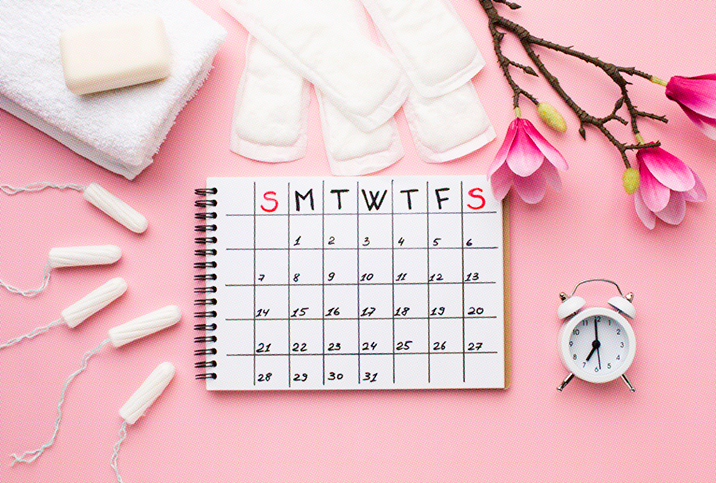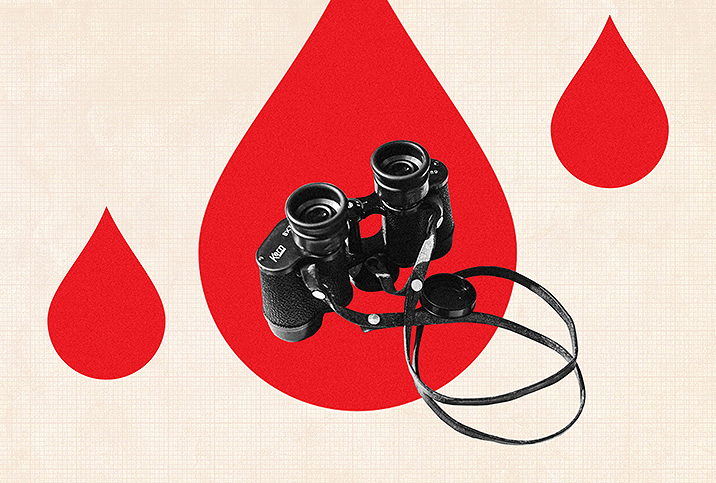How Hormones Affect Your Reproductive Cycle and Impact Perimenopause

Throughout your life, you'll experience regular hormonal fluctuations based on your menstrual cycle and age. Shifts in hormonal balances are expected and at times may cause disruption to your cycle, resulting in irregular periods.
In some cases, irregular periods may be a sign of a separate health issue, especially if you experience severe cramping and heavy bleeding during menstruation. But an irregular menstrual cycle during the later phase of perimenopause is part of the process.
As your body prepares to end its reproductive cycle, you will experience a significant shift in hormone production.
Hormones and your cycle
Estrogen and progesterone are the two main hormones that affect a woman's menstruation and fertility.
Estrogen is the hormone that affects female sexual characteristics and helps maintain healthy bone structure and cholesterol levels. There are three main types of estrogen. The most common of these subtypes is estradiol, which is produced by women during their fertile reproduction phase.
The second type is estriol, produced during pregnancy in the placenta to help a mother prepare for labor and breastfeeding. The last type, estrone, is the only type of estrogen produced by women after menopause. Since it is the weakest form of estrogen, scientists believe estrone may serve as a source for estrogen reserves.
Progesterone and progestins are types of steroid hormones that enable eggs to become fertilized in the uterus. They also help contract the uterine muscles, so a fertilized egg is not rejected.
During high levels of progesterone, a woman does not ovulate. If a woman is not pregnant, her lining breaks down, her progesterone levels decline and menstruation occurs.
Since both estrogen and progesterone work to establish a woman's menstrual cycle, they are used in hormone replacement therapy (HRT) during perimenopause and menopause. HRTs can relieve uncomfortable symptoms, such as hot flashes, and prevent future cardiovascular diseases in postmenopausal women.
These two main hormones are stimulated by two other reproductive hormones: the luteinizing hormone (LH) and the follicle-stimulating hormone (FSH). These stimulate the ovarian follicles that release eggs. As a woman approaches her late 40s, she has fewer active follicles due to years of monthly ovulation.
Fewer follicles to stimulate means the LH and FSH hormones become inactive, and the production of estrogen and progesterone declines. Women's periods become less frequent until they are permanently paused in menopause. Women are considered to be in the menopausal stage after a full year without a menstrual cycle.
Perimenopausal periods
As a woman's menstrual cycle becomes irregular due to these hormonal shifts, they may also experience heavier blood loss during their periods. This is due to having a higher estrogen level compared with their progesterone levels during perimenopause.
Women may want to supplement their diet with foods rich in omega-3 fatty acids and take a multivitamin. If heavy bleeding persists beyond a week and is accompanied by excessive pain, they should consult their doctor.
From menstrual irregularity to life without periods
For many women, it might be a relief when they are able to forgo their menstrual cups, tampons and pads. Understanding how to maintain their healthy lifestyle, including sex, after their body stops producing most of their reproductive hormones is part of the journey.


















